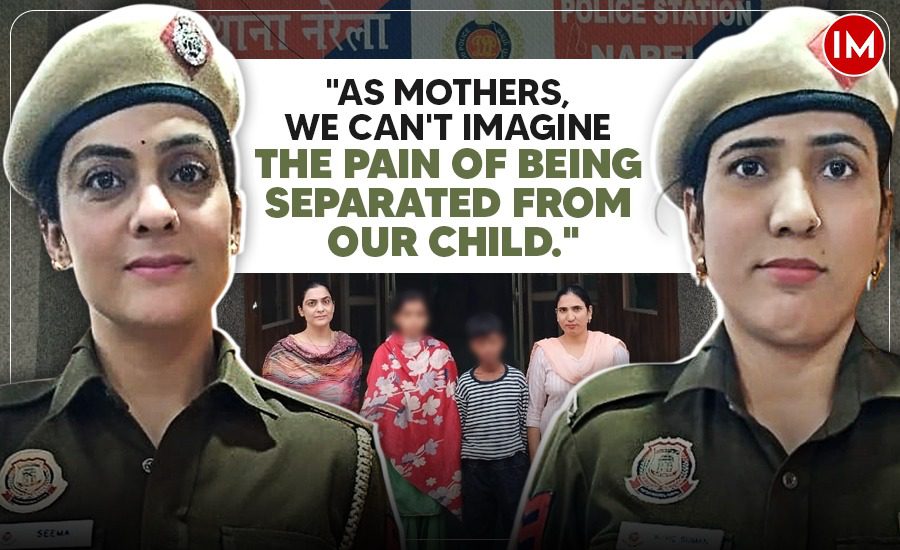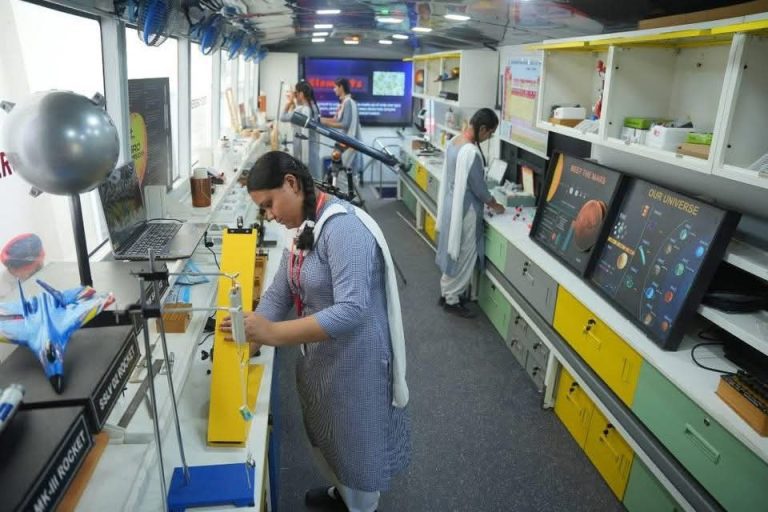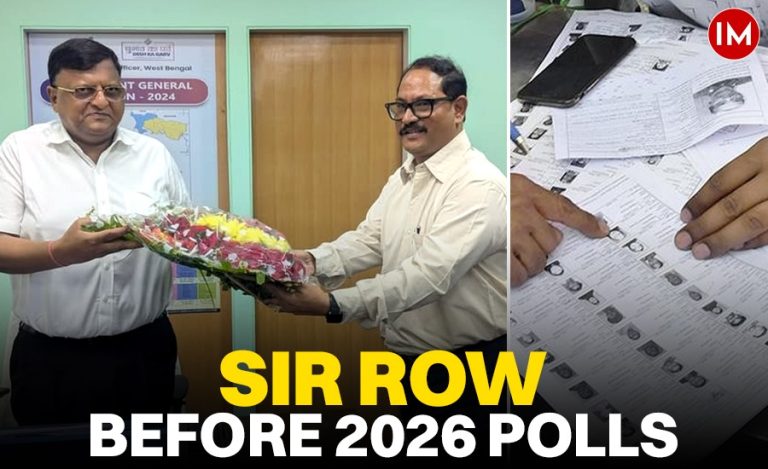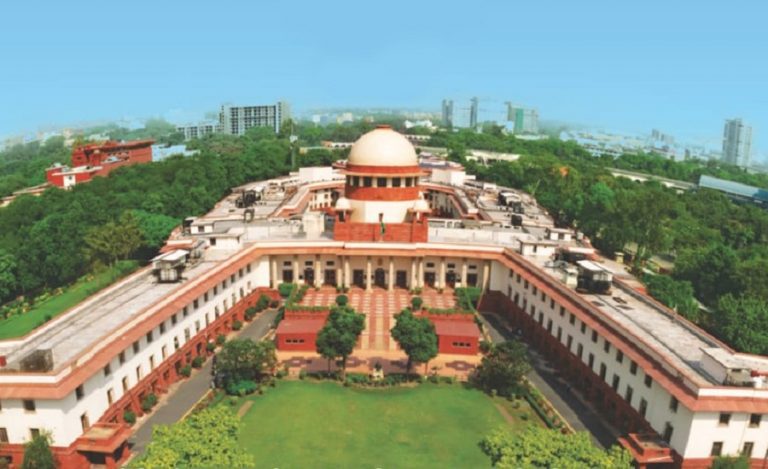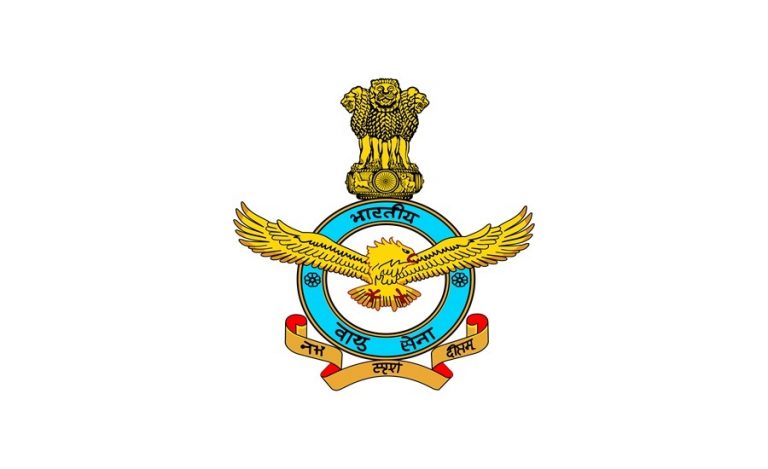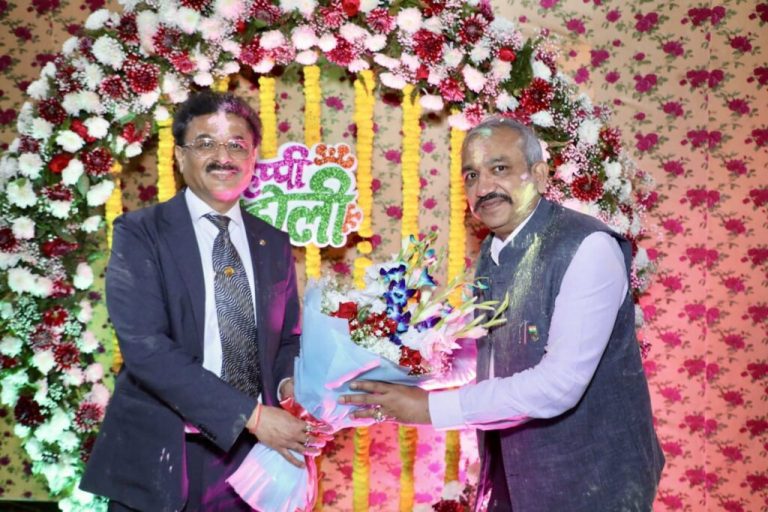In a city where hustle often overshadows humanity, two Delhi police officers have quietly rewritten the narrative of hope for over a hundred families. Head Constables, Seema Devi and Suman Hooda, armed with determination and compassion, have achieved what many deemed impossible—they have rescued 107 missing children in just nine months. Their work goes beyond badges and protocols; it’s about rekindling the bond between lost children and desperate parents. Against the odds of unfamiliar terrains, language barriers, and limited resources, these women have proved that no child is too far gone to be found and no obstacle too big to overcome.
A MISSION THAT TRANSCENDS DUTY
This remarkable initiative began under the Anti-Human Trafficking Unit (AHTU) of Delhi Police. The unit’s primary focus is to locate and rescue missing children, often in cases involving trafficking or children wandering away. Head Constable Seema Devi, who has been involved in this work for over a year and a half, describes how the journey began.
“Our branch specialises in rescuing children. However, during the farmers’ protests, my duties were frequently reassigned, so I couldn’t dedicate much time to this cause. After the protests concluded earlier this year, we began identifying missing children, collecting data from police stations, and contacting their parents. From then on, it became a daily mission,” Seema Devi shared with Indian Masterminds.
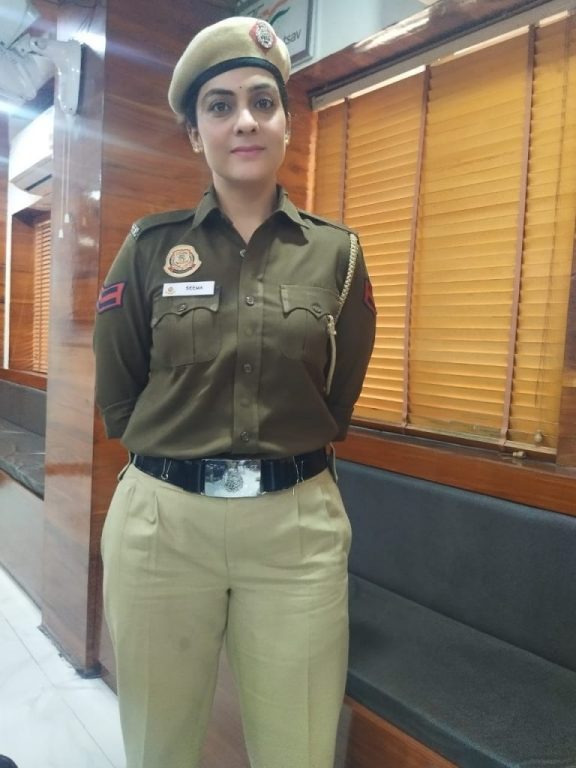
Her partner in this mission, Head Constable Suman Hooda, joined the AHTU in February 2024. Together, they turned what started as a professional obligation into a deeply personal endeavor. “Initially, we treated it like a job. But as we began reuniting children with their families, it became much more. The happiness we witnessed motivated us to go beyond duty. It became a mission,” Suman Hooda told Indian Masterminds.
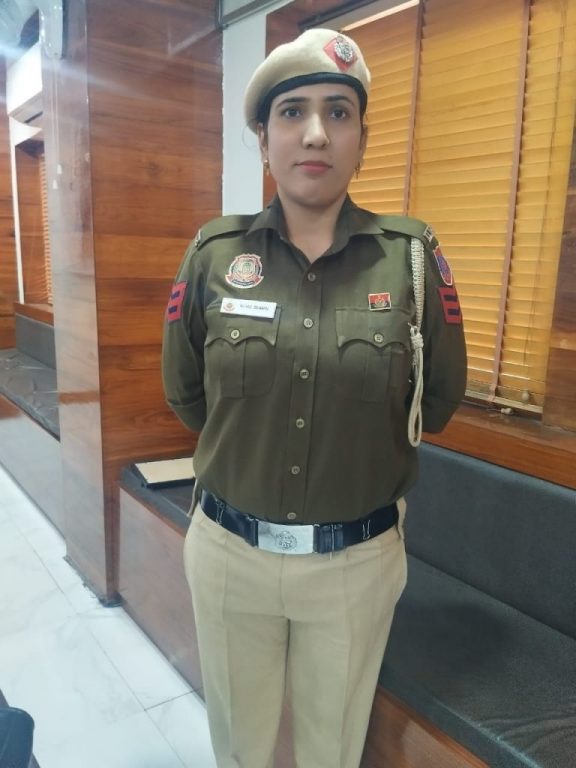
CHALLENGES THAT TEST THE SOUL
The journey has been far from easy. Seema and Suman recount the countless obstacles they faced, from navigating unknown terrains to tackling logistical challenges. “Sometimes, we had no recent photographs of the children to identify them. In other cases, we had to travel to remote areas, overcoming language and cultural barriers. Yet, people’s willingness to help often made a difference,” explains Suman.
In cases where children were trafficked, the challenges intensified. “Teenage girls, especially those between 10 and 12, are often manipulated through promises and emotional grooming. They leave home without realising the dangers ahead,” shares Seema. Tracking these children involved combing through data, coordinating with local police, and earning the trust of hesitant communities.

Seema Devi also highlights the emotional toll. “Travelling to remote locations and waiting for hours without concrete leads can be exhausting. But the thought of reuniting a child with their family keeps us going.”
MOMENTS THAT REDEFINE JOY
Amid the challenges, it’s the reunions that keep them inspired. Seema vividly recalls the moments when children are reunited with their families. “When we finally locate the child, it’s an emotional scene. The parents are in tears; the child is overwhelmed, and everyone is hugging. It’s a moment that makes all the effort worthwhile.”
Suman adds, “As a mother, I can’t imagine the pain of being separated from my child. That’s why every reunion feels personal. When parents thank us and bless our families, it’s incredibly rewarding.”

A CALL TO ACTION FOR PARENTS
Both officers emphasise the role of parents in preventing such incidents. “Parents must communicate openly with their children and befriend them. Strictness often drives children away. Monitoring phone and social media usage is essential—not to restrict their freedom but to guide them responsibly,” advises Suman.
Seema echoes this sentiment, adding, “Children thrive when they feel understood. Parents must teach them to recognise dangers and prioritise their safety. Ultimately, the family’s support system plays a critical role in a child’s life.”

A CONTINUING MISSION
Despite the challenges and the emotional weight of the work, both Seema Devi and Suman Hooda remain committed to their mission. Even as they continue to trace more missing children, their efforts serve as a powerful reminder of what determined individuals can achieve with dedication and compassion.
Their journey is a call to action for society—to prioritise the safety and well-being of children and to support those working tirelessly to bring them home.

